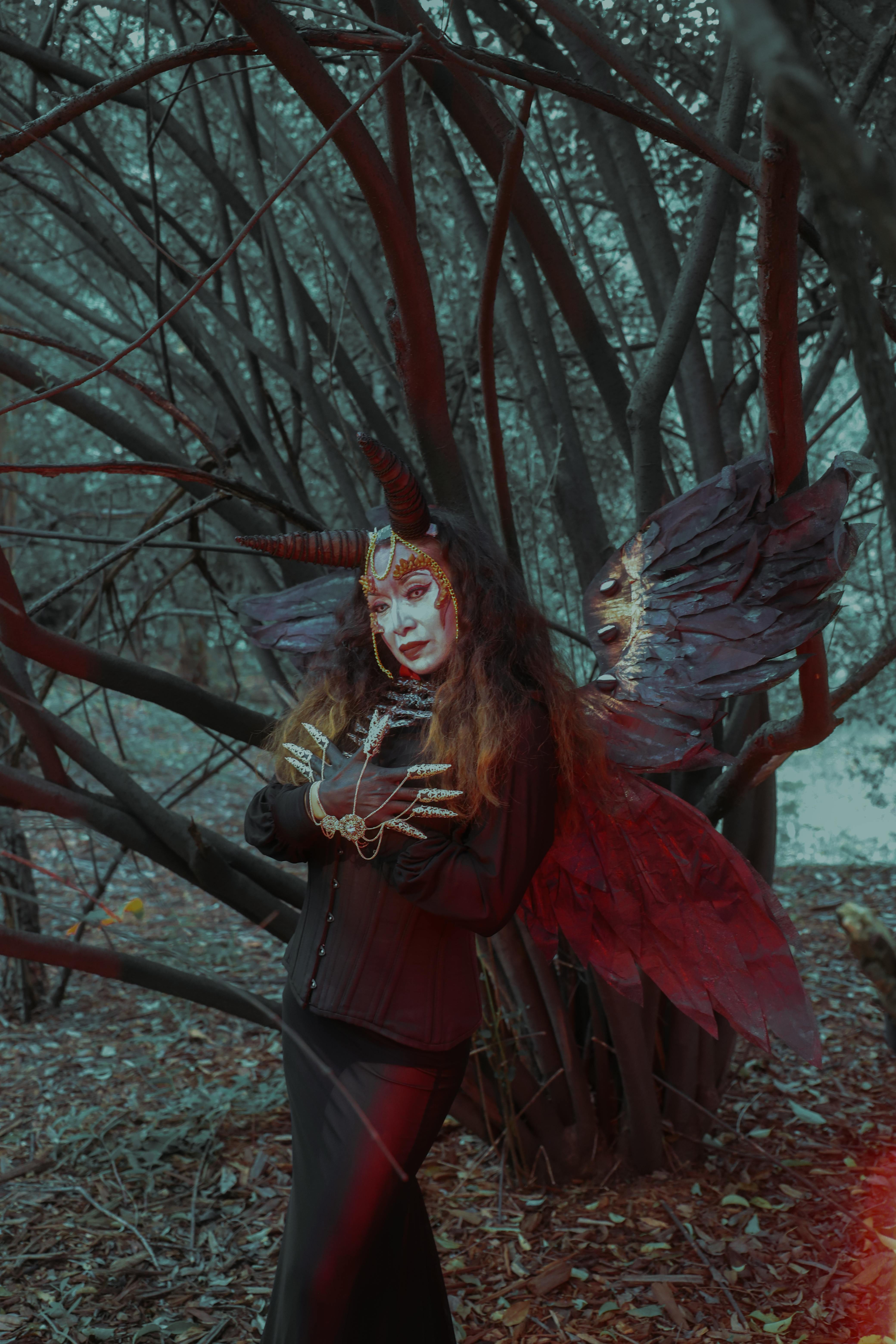
Apply Now


Smart Guide to Lucifer in DC Comics: Explore the Latest Stories in 2025
Overview of Lucifer Morningstar's Journey
The character of Lucifer Morningstar, originally created by Neil Gaiman for *The Sandman*, has transcended its initial role in comics to become a cornerstone of modern myth and urban fantasy. The blend of supernatural elements and psychological depth engages readers and viewers alike, leading to his own series that has captivated fans since its launch. This character operates within a complex narrative structure where themes of morality, redemption, and the eternal battle of good versus evil are prevalent. As a being exiled from Heaven, Lucifer’s interactions play out in incredibly rich scenarios filled with celestial law, cosmic power dynamics, and intricate character arcs. The *Lucifer series* intertwines urban legends with dark fantasy, offering a fresh perspective on ancient mythological themes. The upcoming stories in 2025 continue to explore the emotional struggle of this anti-hero, delving deeper into the personal growth that defines him. With Tom Ellis breathing life into the character on television, the adaptation has garnered a robust fan base, providing a unique lens through which to view the character's development and relationship dynamics with other celestial beings. This guide will journey through the latest stories, examining how these narratives challenge traditional storytelling norms.The Impact of DC Comics and Vertigo
Lucifer’s emergence in the DC Universe and especially within the Vertigo imprint has been instrumental in setting the tone for explorations of existential themes within comics. Moreover, the poignant commentary on life choices and fate resonates deeply within the context of both graphic novels and television adaptations. These narratives present moral ambiguity where the lines between good and evil are often blurred, reflecting the struggles of contemporary life. As we transition into 2025, the *Lucifer series* is expected to delve into its characters' psychological themes, emphasizing the consequences of their choices. The narrative will further explore complex characters and their flawed nature, revealing how these elements contribute to powerful storytelling. The ongoing drama surrounding Lucifer's character is rooted in spiritual and philosophical questions—ideas that continue to engage audiences on a profound level.Character Development in the Latest Stories
Character development remains at the forefront of *Lucifer*. Recent arcs have illustrated significant personal growth in not just Lucifer but also in supporting characters who provide a rich tapestry of interactions that drive the plot forward. The emotional resonance found in these relationships captures the audience's attention, inviting fans to witness their realities as they navigate through personal struggles and existential dilemmas. These latest stories delve into sibling rivalry and the emotional turmoil associated with being a celestial being in the underworld. As conflicts arise, we see how characters grapple with their desires and the consequences that accompany them. The shifts in character dynamics reflect the passage of time and evolution, showcasing the multi-dimensional nature of Lucifer’s persona—from a charming trickster to a figure grappling with deeper emotional conflicts.Unpacking Moral Ambiguity in Lucifer Series
Moral Complexity in Storytelling
The moral ambiguity imbued within the *Lucifer series* prompts readers to question traditional notions of right and wrong. The character of Lucifer Morningstar embodies the exploration of morality—an engaging aspect that challenges audiences’ perceptions. Each storyline presents opportunities for the protagonist to redefine his choices, posing vital questions about freedom and the consequences of our actions. This thematic exploration promotes discussions around redemption, revealing the intricacies of characters as they navigate their personal battles. As demonstrated in recent plotlines, viewing the characters' choices through a lens of psychological depth invites a genuine engagement with the narrative and its underlying messages.Character Flaws and Redeeming Qualities
One of the core components of *Lucifer's* narrative is the portrayal of character flaws, which serve to make the characters relatable and their struggles more impactful. These humanizing aspects create layers within the storytelling that add emotional depth and richness to the overall narrative. The portrayal of Lucifer as an anti-hero navigates through existential themes; his flaws become a canvas to depict the complexity of his character. Additionally, the stories cleverly juxtapose the celestial dynamics of Heaven and Hell with the terrestrial challenges faced in everyday life. This creative blending of myth with reality creates a profound understanding of Lucifer’s journey, showing how redemption may lead to significant personal discoveries.Exploring Adaptation Fidelity in TV Series vs. Comics
Comparison of Narrative Structures
The adaptation of *Lucifer* into a television series marked a significant transition from the comic book format, leading to variations in narrative structure and character exploration. While the comic series provides a graphic representation of the supernatural, the real-time portrayal in the TV series allows for an in-depth exploration of themes through character interactions. In 2025, adaptations may evolve further, continuing to shift focus onto the relationships and life choices that drive the narrative forward. This evolving fidelity to source material invites fans to engage with the complexities of adaptation while reflecting on how narratives resonate across different mediums.Fan Engagement and Cultural Impact
Building a dedicated fan base through engaging stories is pivotal for both the comic and television realms of *Lucifer*. The series not only captivates audiences but also ignites discussions around its themes, character motivations, and moral implications—all of which are deeply embedded in the folklore of DC Comics. Fans actively create theories, exploring the character's emotional struggles and societal implications, thus contributing to the cultural significance of the narrative. As the *Lucifer series* continues to adeptly blend elements of dark fantasy with humor and drama, differences in storytelling techniques between comics and TV adaptations can enhance audience engagement and reflect contemporary issues. These narratives affirm the impact of comic book adaptations in shaping modern mythology and cultural discourse.Key Takeaways from Lucifer's Latest Adventures
Understanding Character Arcs and Themes
The latest stories exploring Lucifer in 2025 spotlight the evolution of character arcs while intertwining significant themes of free will and redemption. Readers can glean insights into the stark contrasts and shared experiences of characters navigating complexities of choice, morality, and emotional struggles. Such rich storytelling does not simply entertain; it invites viewers to reflect on their own journeys and the characteristics that define them, making the *Lucifer series* not just a narrative, but a mirror to the human experience.Symbolism and Mythological References
Lucifer Morningstar's adventures are laden with symbolism and mythological references, steering the narrative into deeper philosophical territories. The exploration of good vs. evil, freedom, and moral ambiguity intertwines with modern allegories reflecting society's ever-evolving dynamics. As the series embraces these themes, it enhances the connection between Lucifer's personal growth and the broader human condition. This ongoing exploration solidifies *Lucifer's* place within the pantheon of literary adaptations, where storytelling transcends traditional boundaries and engages audiences in new and thought-provoking ways.
